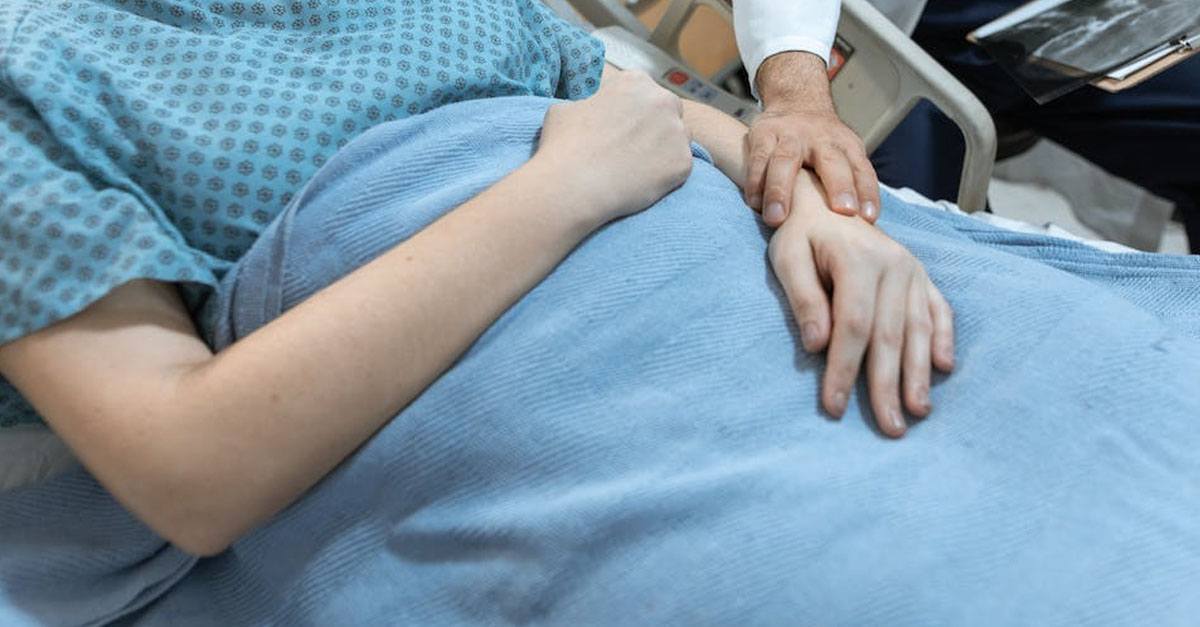El “Amor Filial” acogido como circunstancia atenuante “muy cualificada” en el delito de promoción, favorecimiento o facilitación de trasplante ilegal de órganos humanos ajenos
“Filial Love” accepted as a “highly qualified” mitigating circumstance in the crime of promoting, favoring or facilitating the illegal transplantation of other people’s human organs (art. 156 bis 1.2 of the Penal Code).
The Second Section of the Provincial Court of VALENCIA, has issued on March 24, 2023 a very elaborate sentence, number 174/2023, under the presentation of magistrate D. Salvador Camarena Grau, in relation to the accusation filed both by the Public Prosecutor and by the State Attorney’s Office against five people, foreign nationals and without criminal records, for the offense of article 156 bis 1 and 2 of the current Penal Code, seeking the application of maximum prison sentences of 6 and 7 years, respectively.
Facts
They date back to the months of April and May 2013 when one of the defendants, suffering from a very serious liver disease (liver cancer) that required a transplant, aware of the prestige of this surgery in Spain, decided to contact his relatives residing here in order to that they take steps to find living donors, with an evident breach of Spanish legislation on inter-living organ donation, specifically, Law 30/1979 of October 27 on Organ Removal and Transplantation, developed by RD Law 9/ 2014 of July 4 and also by RD 1723/2012 of December 28.
The need to look for a living donor in Spain was generated because initially one of the patient’s children, who had a compatible liver, however in his country he had been diagnosed that he could not be a donor for his father because his liver was very small. and did not allow the donation.
These relatives came to contact up to 8 people in Valencia, to whom, in exchange for offering various financial and in-kind considerations, which on occasion reached €40,000, they carried out hospital compatibility tests to be donors of a piece of their liver. specifically complete analytical, magnetic resonance and abdominal CT. All these people were considered especially vulnerable, both because of their origin and their precarious economic situation.
Among the people contacted, there was one who made the most progress in the selection process for the donation and who was offered a job by the relatives of the patient and who would be treated as one more member of the family. This possible donor, after being considered suitable in all the compatibility tests that were carried out, presented himself at the Clínica Universitaria de Navarra as a close family friend, despite which, he did not pass the evaluation of the Ethics Committee of said hospital nor did he He obtained the necessary approval from the Pamplona court in response to the doubts that arose about the altruistic nature of the donation.
Notwithstanding the foregoing, the donation was once again attempted, this time, at the Hospital Clínic de Barcelona, although at this hospital, at the express request of the son who had previously been refused as a donor by his father due to the smallness of his liver, Only the supposed “friend” was evaluated, who was again refused by the Ethics Committee, but also the son, who finally obtained the “pácet” both by the Ethics Committee and by the Court when verifying his affiliation, but also his ability biological as a donor, successfully carrying out the son-father donation on August 26, 2013 through an intervention at said hospital by Dr. Valdecasas.
Defense allegations
The Defenders of the defendants, both in their respective qualification briefs and during the 5 days of oral trial, promoted the free acquittal of their defendants as well as, alternatively, the mitigation of sentences allowed both in the Penal Code and the one expressly invoked in art. 653 LEcrim. by the lawyer of the patient, taking advantage of the reform operated by L.O. 5/2010 of June 22, since the purpose of the transplant was to “avoid death”, corresponding to the application of a mitigation of the penalty to be imposed in two degrees. This attenuation was effectively included in the judgment ruling, for which the patient was sentenced to a sentence reduced to eight months in prison.
Of all the other exonerating and mitigating circumstances alleged by the defenses, in addition to the one already mentioned regarding the patient, the only two appreciated by the court were, for all of them, undue delays as highly qualified; and specifically and solely for the son of the patient, the donor of part of his liver to his father, as the highly qualified mitigating quality, that of “filial love”.
Extenuating “filial love”
The Defender of the child-donor in his Definitive Qualification brief argued, alternatively to acquittal, with the character of “very qualified” the circumstance analogous to art. 21.7 in accordance with art. 23 of the C.P. for having acted out of FILIAL LOVE in the face of the vital seriousness of his father’s health and compromising his own life by donating part of his liver (right hepatectomy).
Answer: Ninth Legal Basis
The defense of the donor child alternatively raises, as highly qualified, the analogical circumstance of filial love under the protection of art. 21.7 in accordance with art. 23 PC. We reason: the mixed kinship circumstance of art. 23 is applicable when, based on the type of crime, the action deserves a greater or lesser reproach than that which is generally appropriate due to the parental relationship in question (SSTS 935/2021, 544/2016 and 838/2014). It generally operates in crimes of a personal nature as an aggravating circumstance and as a mitigation in property crimes (STS 835/2015), however this assumption has its own characteristics. We understand that here we are considering its feasibility as an analogical circumstance of art. 21.7º CP.”
“It could also be argued that endangering one’s life by making a living donation of a part of his liver to her father is itself not an integral part of the narrative of the criminal act. That the son had donated part of his liver to his father only when the presumed “friend” the initial donor had been rejected, it could be thought that the mitigation put forward would not apply. Now, as can be seen, we understand that a global assessment of the conduct must be made. Initially, effectively, the son offered himself as a donor to his father, and when he was rejected due to the small size of his liver, the action under trial began and, again, when the supposed “friend” was rejected due to the ethical doubts that it entails and finally Once the Barcelona Clinic confirmed that the son could be a donor, he did not hesitate to donate part of his liver to his father. We understand, therefore, that in the circumstances that we have described in this resolution, the mitigation that is requested of us by the defense of the child-donor can and must be appreciated, without the consideration of the legal right as primarily collective being an impediment, since it is something admitted by Chamber II of the TS, thus STS 894/2011 of July 29 states that <The Court of Instance conforms to the jurisprudence of this Court that in its Judgment of February 25, 2010 understood that, although the mitigating circumstance of kinship has sometimes been excluded in this type of crime where there is no aggrieved party and the damage is to the public health of the community (STS April 15, 2002), it is also true that in other judgments the internal mitigation was appreciated if the kinship existed the person who brought the drug to the center and the internal person for whom the substance was intended. This has happened in relationships between mother or father with child, or between siblings (SS. April 20, 1993 and July 14, 1997I. And more recently STS 668/2009 that applied it between siblings; as before it had also been applied as an analogical mitigation of relationship when there is a certain need in the family recipient of the drug (Sª January 9, 2004)> “It is true that there is an added difficulty; and that is that here the father receiving the organ is also the author of the offence; however, we understand that The present case has markedly exceptional contours, and the precept allows a reduction of two degrees for the father’s conduct, a reduction that we effectively apply and the son’s conduct is divisible from it, a conduct that has a part that can be assessed autonomously, and is precisely the father-son relationship (the other defendants … do not offer their livers in the face of the obvious risks that this entails) which is determinant of his conduct, which furthermore, we understand that he must be appreciated as highly qualified, since he was willing to be himself the donor and as collected, finally it was.
Failed
The sentence requested against the son who donated his liver to his cancer-stricken father is lowered from 6 and 7 years in prison by the State Prosecutor’s Office and the State Attorney’s Office, respectively, to a sentence of one year, six months and one day in prison having been assessed by the Court with the character of Highly Qualified, the mitigation of Undue Delays (for all the accused) and that of filial love, for the son.
Gustavo López-Muñoz y Larraz
Abogado Experto en Derecho Penal
10/04/2023







